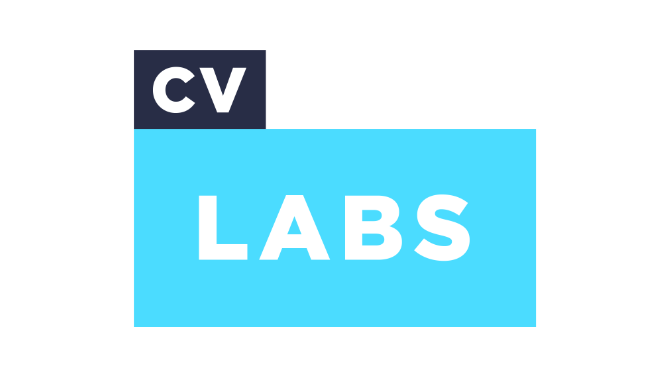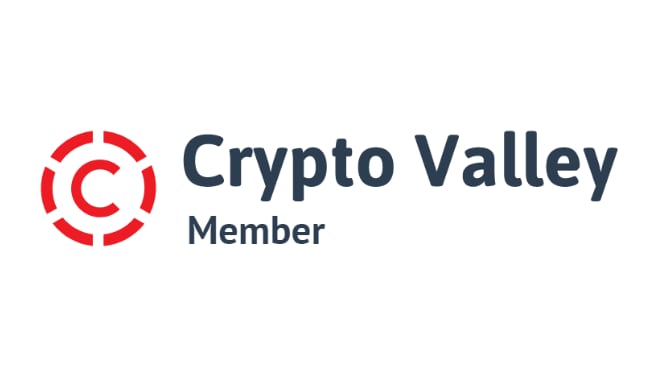Let us help you seize the opportunities of crypto while managing the risks
Crypto advisory services and solutions

The power of crypto technology has been unleashed
TThe rapid rise of crypto is changing the global financial landscape forever, creating both risks and opportunities for new and existing players. Underpinned by blockchain or ‘distributed ledger’ technology, crypto disrupts traditional business models by removing the need for trusted intermediaries. The explosive expansion in crypto applications that we are now seeing marks the start of a revolution that no organisation can afford to ignore.
Today’s most visible and high-profile application of crypto is in the form of cryptocurrencies such as Bitcoin, Ethereum and XRP. However, that’s just the tip of the crypto iceberg. The momentum behind crypto is rapidly growing and over the coming years, the impact of crypto technology will reach into virtually every area of life and business.
Services and solutions
But what are the implications of crypto for your organisation? How can you seize the opportunities it offers, while being aware of the risks?
Blockchain technology and crypto applications create significant opportunities throughout the value chain. Entirely new asset classes, tokenisation and increased liquidity of existing and previously illiquid assets, efficient transactions and settlement: these are just a few of the use cases. Blockchain reduces the need for a trusted intermediary. How do you take advantage of the opportunities and mitigate the threats this new technology brings?
We have a role to play in the development of the crypto ecosystem. PwC has put together a one-stop-shop offering, which draws on crypto services from across our lines of services. Our goal is to serve your needs in the best possible way to allow you to focus on your business.
We have a broad range of experience in supporting our clients in becoming VASPs or custodians, tokenising assets, developing platforms to mint NFTs and in building their own metaverse. We support both traditional financial services companies as well as new market entrants and FinTechs looking to exploit this technology to disrupt the market. See below for a typical roadmap for our clients and examples of the support that we can provide along the way.
Wherever you are in your journey, we can help you from ideation to execution.
"By rethinking their business model and adopting new technologies, companies can develop and establish new services and products to create lasting competitive advantage and enormous value for the business and their stakeholders."
Our partners
We have an extensive external network within the Swiss crypto market. We’re active in the Crypto Valley Association and we support clients throughout the value chain: technology, exchange platforms, custodial and financial services firms as well as token issuance vehicles. In addition to its advisory offering, PwC Switzerland is a one-stop shop for crypto, providing assurance, tax and legal expertise under one roof, as well as being able to offer global expertise and the latest market insights by using the scale of the partnership to best advantage.
"Blockchain and crypto has enormous potential to completely reshape the financial services industries, as well as many others. Through targeted investment and a clear understanding of how you can leverage these transformational changes and manage regulatory risks, you can help avoid the same mistakes as Betamax and Blockbuster!"

Crypto Valley Labs
PwC is an Ecosystem Network Partner to CV Labs. Through our partnership we cooperate with CV Labs to provide thought leadership for events, co-author the Global Top 50 report and contribute to the CV Labs Incubator Program.

Crypto Valley Association
Trusted Key Ceremony Guidelines: we joined Crypto Valley Association’s cybersecurity working group and took part in creating the new guidelines on trusted key ceremony best practices. These guidelines aim to improve awareness of the importance of protecting digital assets safely and securely.
Frequently asked questions
Ask our experts
Our experts
Director, AWM Strategy & Transformation, Digital Asset CoE Lead, PwC Switzerland
+41 79 238 62 78






